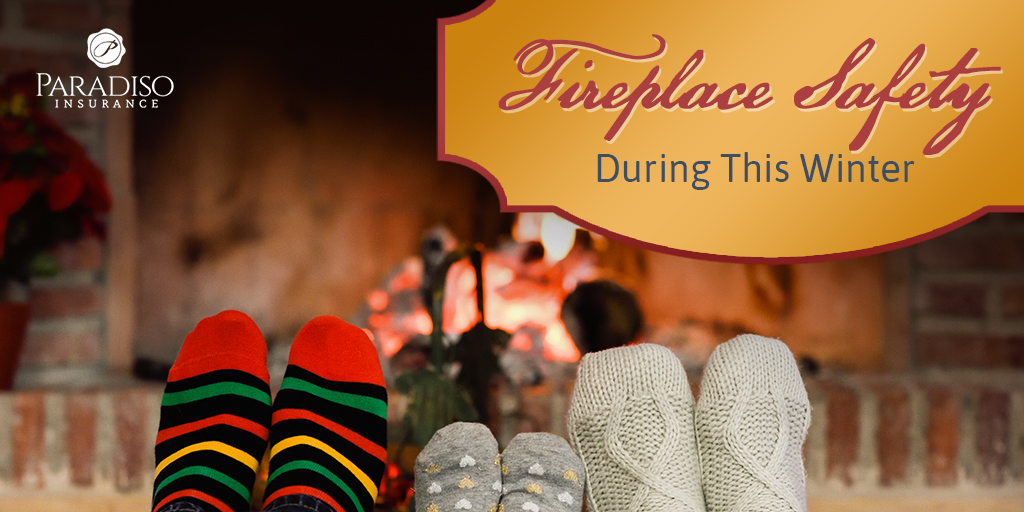Fireplace Safety during this Winter

When you think of chimneys, you always think of sitting curled up by a warm fire on a chilly night. But sometimes we forget that they, like anything else, require regular maintenance.
Have you ever looked inside your chimney?
Let me warn you; it won’t be a pretty sight if you haven’t made cleaning your chimney a part of your annual clean-up routine. It really doesn’t matter whether you use gas, electricity, or wood to make a fire in your fireplace/fire pits. If you don’t get your chimneys cleaned annually, you, your family, and your house are at risk of a potential chimney fire.
Fireplace hazards; how do they happen?
They happen fast, and that should be enough for you to take precautionary measures. Over time, debris are deposited along the walls of your chimney due to the gases and other byproducts released when the fire is made. These sticky deposits are called creosote, and if deposited over a long period, creosote becomes highly flammable, and it’s often the cause of chimney fires. Creosote removal is vital to your safety.
Creosote is only one element of the equation. Other harmful materials such as soot are also deposited in the walls of your fireplace ventilating system, which can lead to disturbances in the system as a whole as well as is a flammable hazard.
Here is how you can observe fireplace safety this winter:
Safety precautions for Gas Fireplaces
Never place highly flammable items like newspapers, fabrics, and wood near the clearance zone of your fireplace. Plus, always make sure your flue and vents are all functioning properly; this entails getting your chimney cleaned annually.
Safety precautions for Wood Burning Fireplaces
If you used wood to power your fireplace, you need to go the extra mile when observing safety measures. Using wood isn’t the cleanest or the safest option; that’s why it isn’t as popular as it used to be. However, if you are using it;
Use synthetic wood as it won’t clog/cause disturbances in your chimney as much as regular wood. Avoid using recently cut wood as they are enriched with moisture, which can lead to more smoke and deposits forming inside the chimney.Don’t use gasoline, kerosene, or charcoal starter to fire up the wood. Check regularly for creosote and soot buildup.
Cleaning your chimneys annually
The National Fire Protection Association says, “Chimneys, fireplaces, and vents shall be inspected at least once a year for soundness, freedom from deposits, and correct clearances. Cleaning, maintenance, and repairs shall be done if necessary.”
Even if you don’t use your chimney, it still needs to be cleaned because certain animals might be living there without your knowledge and can be a danger to you and your family.

Moreover, creosote and soot, which accumulate in your chimney indefinitely, are highly inflammable and need to be cleaned regularly to avoid accidents.
At Paradiso Insurance, we want to provide our homeowners with all the available information they need to keep their homes safe. Give us a call today at 860-684-5270 with any of your insurance needs.



